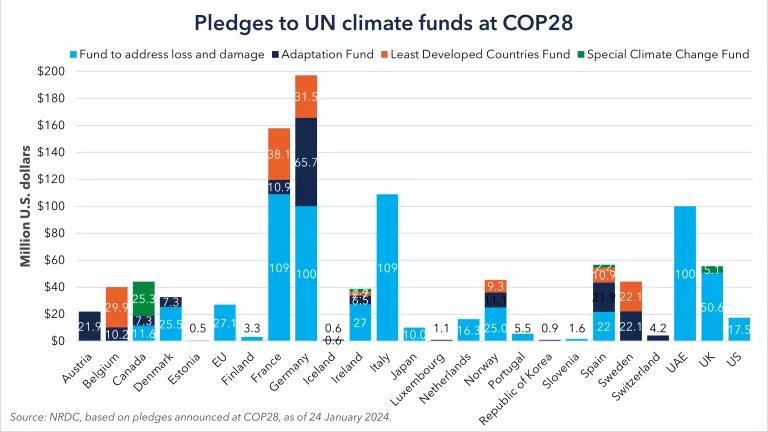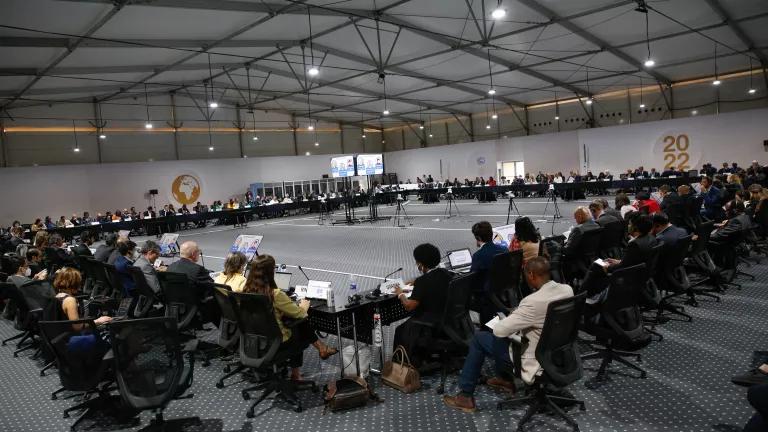Regional
The Inter-American Bank (IDB) will lend US$128 million to Brazil for the hydroelectric sector. The funds will be used to increase energy production, lower maintenance costs and add 30 years to the usable life of two major dam complexes. ( Revista Summa 7/28/2011)
Chile
The Supreme Court ruled 2-1 in favor of HidroAysén in a case brought by the environmental NGO Conservación Patagónica. The group claimed that the company would have a monopoly of water rights on the Baker River in Patagonia if granted the additional water rights it needs for the proposed HidroAysén hydroelectric power plant. The case was first brought before the Free Competition Tribunal in 2009, which ruled the same way. (Estrategia 7/26/2011)
The European Union announced a new initiative to stop deforestation of the temperate rainforests near Valdivia. Twenty five temperate rainforests around the globe are considered biodiversity “hotspots” and are home to unknown number of endemic flora and fauna species, but they are increasingly threatened. The EU initiative will give $3.4 million to government and private entities in Chile and Argentina’s Chaco region to reduce the rate of deforestation of the temperate rainforests there by 20 percent by 2015. (The Santiago Times 25/7/2011)
The Minister of Environment, María Ignacia Benítez, announced that a new standard and label for wood-burning stoves will take effect in March 2013, and will place “very demanding limits on emissions and the efficiency.” The levels of air pollution in Chile’s south-central zone are critically high, especially in cities such as Temuco, Osorno and Valdivia. The standard will limit emissions of particulate matter depending on the size of the stove, and will be accompanied by required efficiency labels for new appliances. (La Tercera 7/26/2011)
A new biogass plant called Lomas Los Colorados II will open in Chile, transforming harmful methane and carbon dioxide emissions from the Lomas Los Colorados landfill near Santiago into enough electricity for 200,000 people in the country’s capital region. The plant’s owner, KDM Energía, expects the plant to reduce methane emissions by 500,000 tons per year. (The Santiago Times 7/28/2011)
Costa Rica
In Costa Rica’s Osa Peninsula, NGOs and agricultural experts are working with cattle ranchers to develop more sustainable methods of animal husbandry. Twenty cattle ranchers have formed an association and are acting to improve their cattle ranching practices, including increasing tree density in pastures to maintain biological connectivity, using “live” fences and protecting watersheds. The ranchers are also seeking to expand their model to other farmers in the region. (La Nación 7/28/2011)
A crisis in Costa Rica’s social security administration has spurred several shifts in President Chinchilla’s cabinet, including in the Ministry of Environment and Energy. Eduardo Doryan, who was appointed president of the Instituto Costaricense de Electricidad (ICE) by Chinchilla , previously headed the social security administration (CCSS)and resigned last week in order to respond to questions regarding his management of the CCSS. The Minister of Environment and Energy (MINAET), Teofilo de la Torre, was tapped to fill the top position at ICE and the position of MINAET minister has now been filled by Foreign Affairs Secretary, Rene Castro. Castro previously served as the head of MINAET under the Figueres Administration from 1994-1998. (La Nación 7/28/2011) The environmental group Asociación Comunidades Ecologistas la Ceiba – Amigos de la Tierra Costa Rica voiced its displeasure at Castro’s newest appointment to MINAET, recalling that during his tenure at MINAET Costa Rica opened itself to fossil fuel exploration and mining. The group also voiced concern with Castro’s role in moving the country toward private energy generation and cited the potential for over-development of privately held hydroelectric dams adversely affecting water resources. (El País 7/29/2011)
The Guanacaste region which has seen massive tourism development is on its way to repeating the same mistakes, according to representatives from the group Estado de la Nación which tracks sustainable development issues in Costa Rica. The 2009 economic crisis halted many real-estate projects in the region, but not all. Some projects are now beginning to once more move forward, but without addressing underlying sustainability concerns. (La Nación 7/24/2011)
Mexico
The Ministry of Environment and Natural Resources (Semarnat) emphasized that by the end of year it hopes that 75 percent of the states in the country will have a State Program of Action for Climate Change (PEACC). The head of Semarnat, Juan Rafael Elvira Quesada, indicated that this tool will be very useful for the generation of public policies focused obtaining the sustainability in Mexico. (Provincia 07/25/11)
In Michoacan, like in other sectors of the country, mangroves have been affected mainly by logging or removal carried out to clear paths for agricultural, cattle, aquaculture and tourist activities, as well as by the deposit of waste and residual waters. For years, Maria del Rocio Ballesteros Lopez, representative of the civil organization “Desarrollo Integral Empresarial” and collaborator of two fishing cooperative societies in the Port Lázaro Cárdenas, has been reporting on the devastation of between 30 and 40 percent of the surface of mangroves in Michoacan over the last three decades. (Cambio de Michoacan 07/26/11)
Mexico City said it has reduced 5.7 million metric tons of greenhouse gas emissions since the implementation of the Green Plan in 2008. Mexico City’s Green Plan is a comprehensive plan that aims to make Mexico City a sustainable city in the next 15 years. It includes initiatives and investments in transportation, energy and water conservation, solid waste management, air quality, reforestation and climate adaptation. (Ecoseed.org 07/26/11)
Note: The linked articles and excerpts in this post are provided for informational purposes only and do not necessarily reflect the views or positions of the Natural Resources Defense Council.



